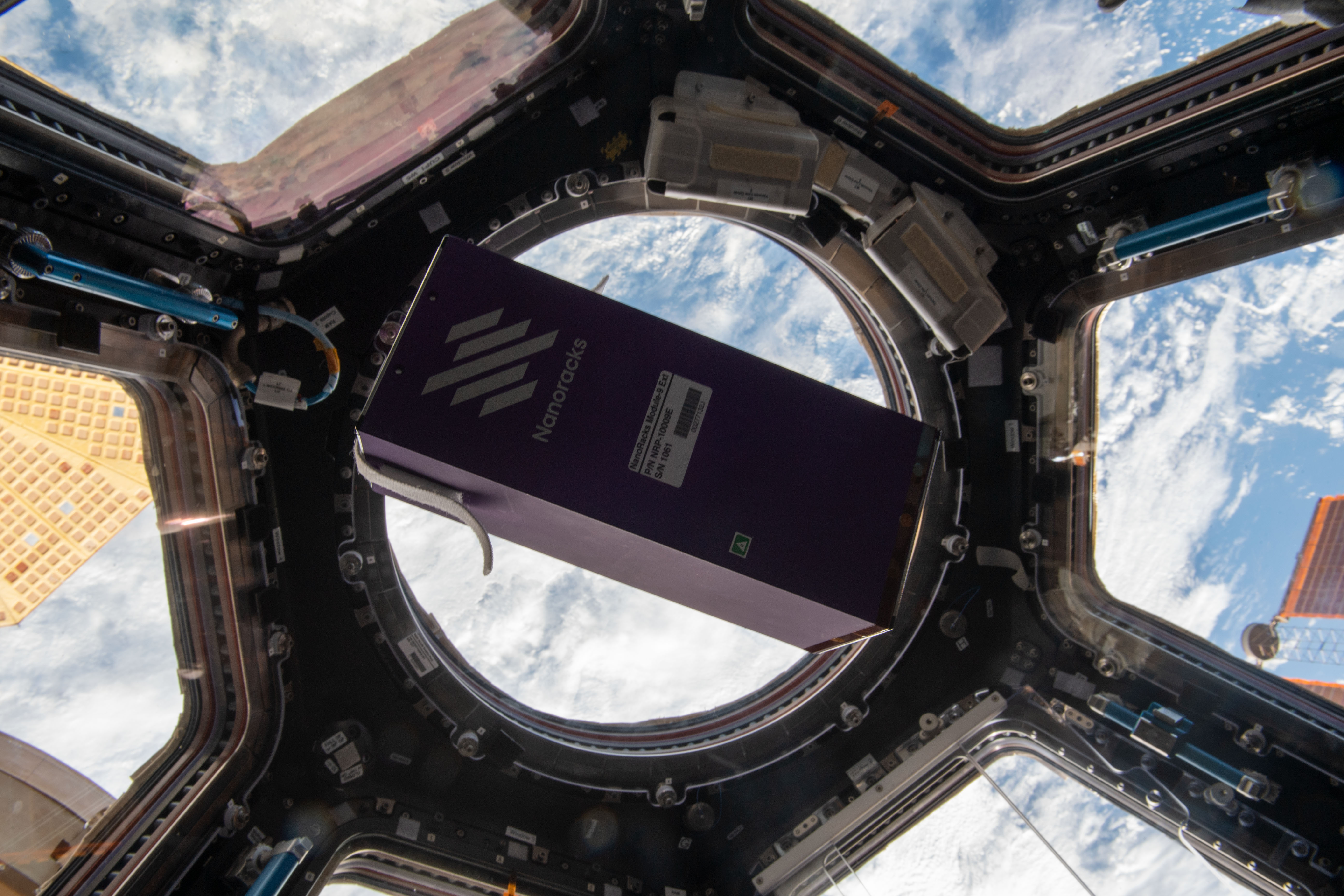🚀🌱 Seeds in Space: Cosmic crops for food security and climate change adaptation!

The Food and Agriculture Organization of the United Nations (FAO) and the International Atomic Energy Agency (IAEA) held an event in Vienna to mark the return of seeds that were sent into space four months ago.
The experiment aims to develop new crops that can adapt to climate change and help boost global food security. Seeds from the IAEA and FAO laboratories belonging to the Arabidopsis and Sorghum varieties traveled to space on November 7, 2022, and were exposed to cosmic radiation, microgravity, and extreme temperatures.
Upon their return, scientists at the Joint FAO/IAEA Centre of Nuclear Techniques in Food and Agriculture plan to grow the seeds and screen them for useful traits.
Cosmic Experiment
While similar experiments have been carried out since 1946, this is the first time that the IAEA and FAO are conducting genomic and biological analyses on seeds sent to space in around 60 years of experience in inducing plant mutations.
The seeds that traveled to space belong to two plant species: Arabidopsis, a type of cress that has been studied extensively by plant botanists and geneticists; and Sorghum, which belongs to the family of millets and is a drought- and heat-tolerant grain grown in many developing countries for food.
Once grown, a series of analyses will help understand whether cosmic radiation and harsh space conditions can lead to crops becoming more resilient in the face of increasingly difficult growing conditions on Earth.
Featured Photo: FAO / Seeds from the IAEA and FAO laboratories were sent to space on November 7, 2022.
https://www.prnewsreleaser.com/news/2851?feed_id=1116&_unique_id=6423726b79ed6

